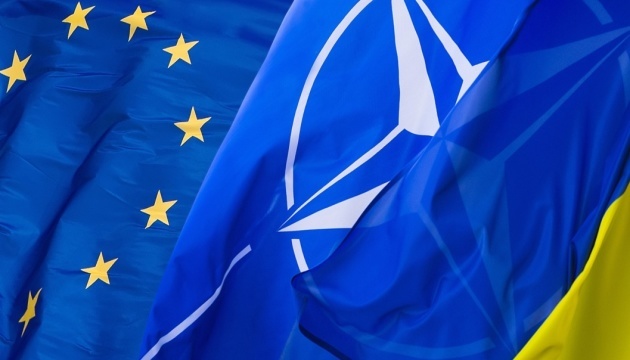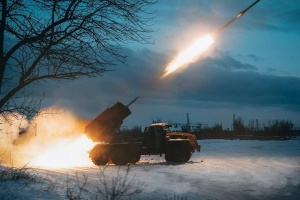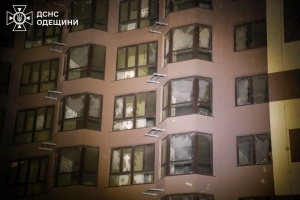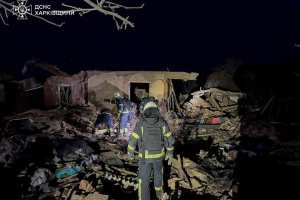
Explaining complex things in simple words: euro-atlantic integration, provocations against Moldova, attempts to destabilize Zakarpattia region
PROVOCATIONS AGAINST MOLDOVA
On February 28, the so-called "congress of members of councils of all levels in the Pridnestrovian Moldavian Republic" will be held in Transnistria, which is not controlled by Moldova.
Transnistria is an integral, internationally recognized territory of Moldova, where the Russian-controlled regime of the so-called "PMR" operates.
Russian troops in Transnistria are not peacekeepers, but occupiers. Their "peacekeeping mandate" is not recognized by anyone except Moscow.
The so-called "PMR" is an instrument of Kremlin provocations against both Moldova and Ukraine.
The so-called "congress of members of councils of all levels in the PMR" is an extraordinary event, which was last held in 2006. There is a threat of a possible appeal of the "congress" to Russia with a request for the annexation of Transnistria. Russia's likely decision to annex Transnistria could create another point of tension on the border with Ukraine. It can become a serious obstacle to Moldova's European integration as well.
Since the beginning of 2023, Russian special services have been trying to destabilize Moldova and overthrow the democratic government of Maia Sandu. Russia demonstratively uses Moldovan airspace to plot a course for Shahed drones attacking Ukraine.
ATTEMPTS TO DESTABILIZE ZAKARPATTIA OBLAST
Mass mailing of messages to residents of the Zakarpattia region through Telegram is recorded. The messages contain threats to the Hungarian community on behalf of "Ukrainian nationalists."
This is an operation of Russian special services aimed at inciting ethnic hatred and discrediting Ukraine at the international level.
The Russian trace is indicated by the fact that threats come from the numbers of operators in Kazakhstan, Kyrgyzstan, Bosnia and Herzegovina. In addition, the phrases in Hungarian are written incorrectly, which is a common feature of Russian fakes. No griniao manity in kraine ishin the eith this provocation. The security of the Ukraine is a state of interethnic and interreligious tolerance. Russian aggression and Russian provocations are a common threat to all ethnic communities in Ukraine.
Center for Strategic Communication and Information Securit.




